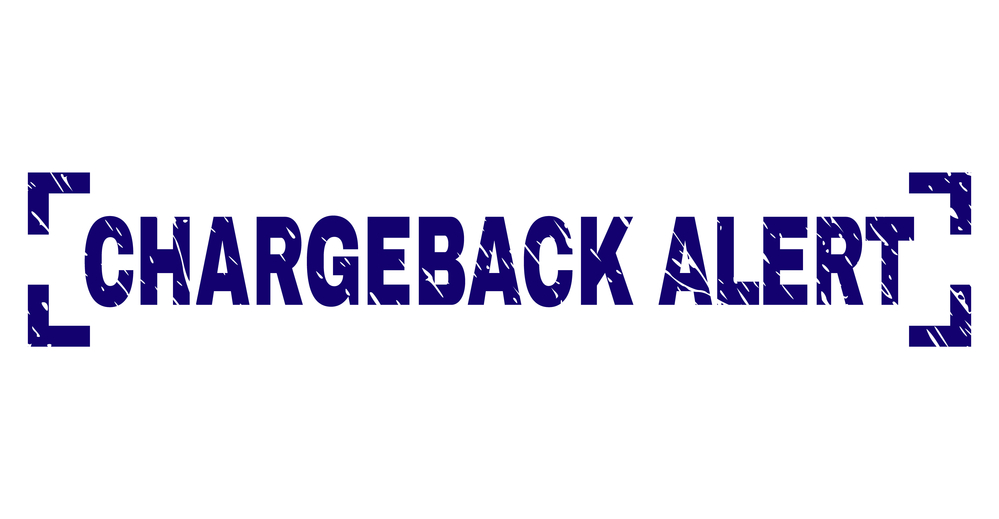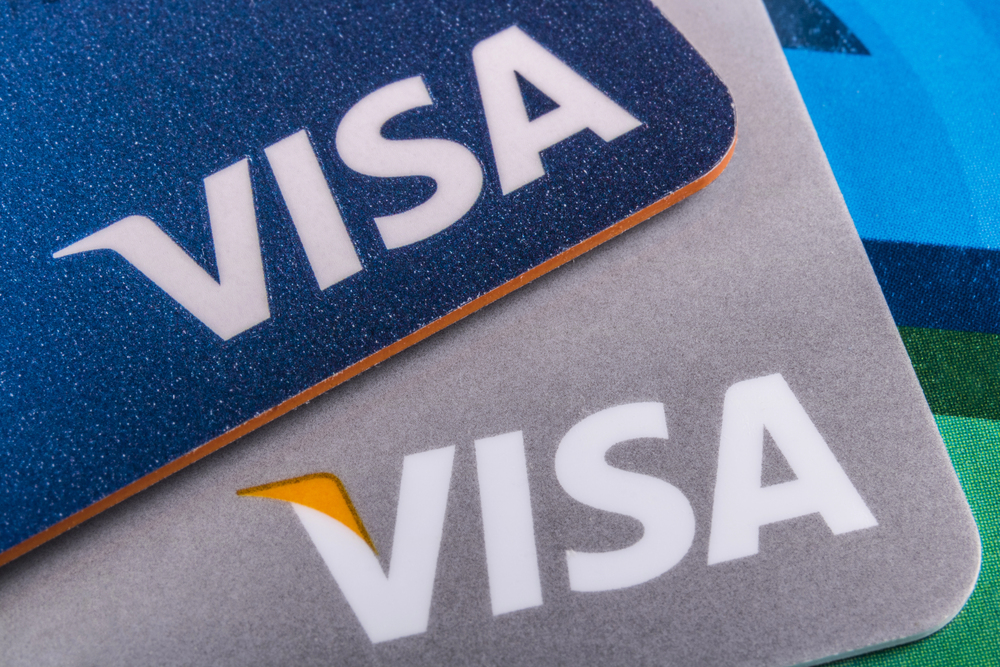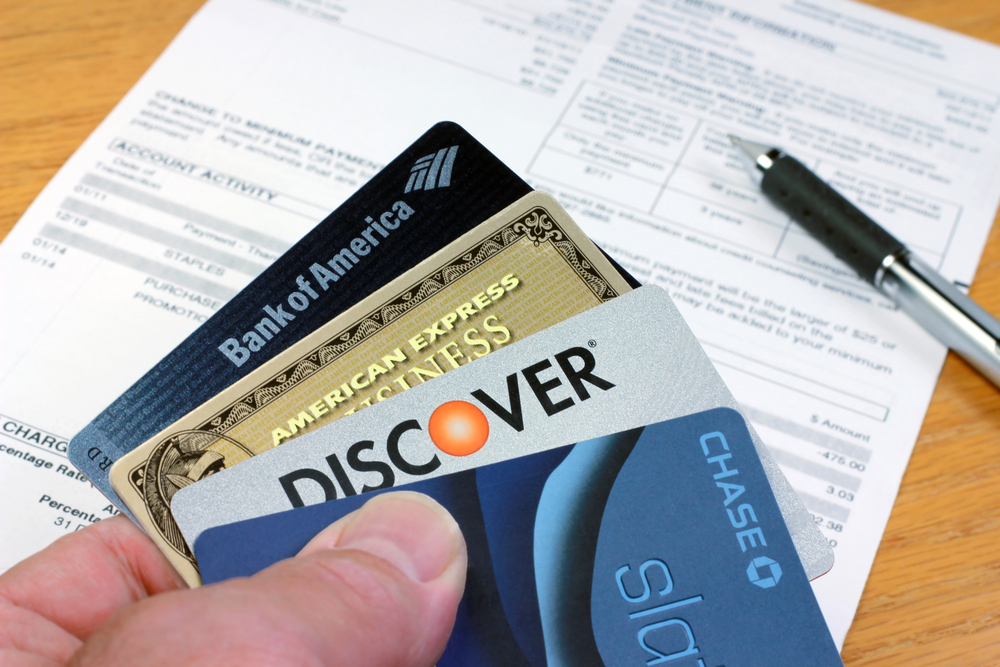
Are chargeback alert services right for me, and which one do I choose? Let’s weigh in.
Sep 10, 2021 3 minute Read
Every business owner wants to prevent chargebacks, especially high-risk merchants. There’s no 100% fool-proof way to prevent a chargeback from happening, that’s just the cold truth. But there are ways to minimize the occurrence of chargebacks, and one of the leading methods is by using a chargeback alert service.
These services are attractive options for many businesses, but whether you use one depends on your financial situation and transaction volume. Luckily, if an alert service isn’t right for your company, there are other tools you can use to reduce your chargeback ratio.
Chargeback Alerts: What They Are, Benefits, and Drawbacks
By now, you’re probably familiar with chargebacks and fraudulent transactions. At least to the extent where you know you don’t want them, they can harm your payment processing abilities, and terminate your merchant account. Chargebacks are bad news, so preventing them as best as possible is the ticket for successful growth. Chargeback alert services can serve as a catalyst for that growth.
What are chargeback alerts?
Chargeback alerts are exactly what you think: a preventative alert that is received to warn against a possible chargeback. There are two types of chargeback alerts: fraud and non-fraud.
- Fraud alerts – someone’s card was used without their authorization, so they contact their bank for a refund for the charges
- Non-fraud alerts – the cardholder disputes a transaction they knowingly made because either the service was cancelled, refund was denied, goods were defective, or they didn’t receive the goods
What are chargeback alert services?
A chargeback alert service is one that provides the alert, monitoring your transactions and account to give you a leg up on chargeback management. There are two alert network issuers, Ethoca and Verifi, the latter of which offers two solutions: Order Insight and CDRN.
Ethoca and CDRN both use a wide network of participating banks that, through verification methods, contact you when an issue with a customer arises. From there, you have 24 hours (for fraud) or 72 hours (for non-fraud) to resolve the issue before it becomes a chargeback.
What’s the difference between Ethoca and Verifi CDRN?
In terms of Ethoca and Verifi CDRN (Chargeback Dispute Resolution Network), the functionality is comparable but the pathway to provide you with chargeback notifications is different.
Ethoca is a 2rd-party solution in cooperation with Mastercard. Verifi is a 2nd-party solution in cooperation with Visa.
Billing descriptors help a chargeback prevention platform determine the business associated with the disputed transaction. Both providers will look for exact matches between your company and the transaction. Ethoca will also search by using a “starts with” term or phrase. In comparison, CDRN will try to confirm a match through the customer service number. This is why it’s so important to keep your details up to date.
Each customer dispute is associated with a reason code to define the chargeback. Ethoca only recognizes fraud-related reason codes. CDRN recognizes the difference between fraud and non-fraud, thus the service does provide chargeback reason codes.
Most large banks partner with both chargeback alert service providers, and every issuing bank has several different BINs (Bank Identification Numbers) to classify account types, card networks, user risk, and other factors. In order to participate in the chargeback alert programs, banks need to enroll their BINs. However, not all BINs are enrolled in each program. Ethoca is best for disputes related to Mastercard, thus BINs associated with Visa are not enrolled. And vice versa for CDRN. Ethoca is also more equipped to handle international disputes, whereas CDRN has a large portfolio of US-based BINs.
What about Verifi Order Insight?
Order Insight (formerly Visa Merchant Purchase Inquiry) is an automated prevention tool, whereas CDRN is a management program to handle current disputes. Both help you prevent chargebacks from happening, but Order Insight does all the work for you before a dispute occurs.
Merchants don’t need to respond to requests or monitor inquiries. Everything happens in real time by allowing Order Insight to integrate with your CRM. This allows the service to retrieve all relevant information, like:
- product descriptions
- order quantity
- tracking and delivery information
- refund status
- device and IP information of the customer when the order was placed
- merchant contact info
- customer contact info and order history
- order payment status and credit card details
- usage data of digital goods
- merchant notes for transaction
The service pulls this information, compares it to the customer request, and instantly protects you from a chargeback when possible. It works well with friendly fraud, true fraud, and merchant errors.
Friendly fraud happens in situations like when a customer claims to not have received an order or they don’t recognize the charge. Order Insight can pull the relevant information to combat the customer request and prevent a dispute from happening altogether. Ethoca has their own version of this feature called Ethoca Eliminator, though it only works with friendly-fraud disputes.
The service can prevent true fraud claims from becoming a chargeback by issuing a credit to the actual cardholder and flagging the transaction. You lose funds either way because the credit comes from your account, but the tradeoff is you don’t have to pay additional chargeback fees and your account has one less chargeback on the record.
As for merchant error, these potential chargebacks can turn into simple refunds. A merchant error is something like entering the wrong delivery address or shipping the wrong quantity of a product. Besides avoiding a chargeback by refunding the customer directly, retailers can use this chargeback alert to fix the issue in-house and prevent it from happening again.
What are the benefits of a chargeback alert service?
The major benefit of these alert services is the reduction of chargebacks. You can easily reduce chargebacks by an average of 20%. The two management platforms give you great control over monitoring and managing chargebacks, which can give you insight towards more appropriate internal restructuring.
What are the drawbacks for Ethoca and Verifi?
The biggest drawback is the cost. It costs arounds $40 per alert. If you have a big company and process large sales volumes that can cover the expense, then using a chargeback alert service is a great solution.
If you are a smaller business, it may not make financial sense to use these tools. Luckily, there are cheaper alternatives that may not provide the same level of protection, but will help you nonetheless.
Alternatives to Chargeback Alert Services
There are a few alternatives, some even free, that you can implement in conjunction with chargeback alert services or separately via APIs and plugins that won’t disrupt the customer experience.
3D Secure
3D Secure (3DS) is a security protocol for e-commerce debit card and credit card transaction at the payment gateway. Each credit card issuer has their own version of 3DS: Verified by Visa, Secure Code by Mastercard, and SafeKey by American Express. You can implement any or all three, free of charge.
Device Fingerprints, Proxies, and Geolocation
Knowing where and from what device a transaction is made from is incredibly helpful when disputing a chargeback. You may not be able to prevent the chargeback process from happening through these features, but you can certainly make a better case when fighting against one.
AVS and CVV
Address Verification Services (AVS) is an added step in the checkout process. That may seem cumbersome to some customers, but it helps avoid fraud. The billing address is compared to the address associated with the credit card used.
Card Verification Value Code (CVV) is that short code on the back of each credit card. By requiring the customer to enter this number, you increase the validity that the actual cardholder is making the purchase.
Fraud Scoring Tools
Fraud scoring works by analyzing a transaction and comparing that data to a series of fraud indicators which results in a risk score. You can automate a fraud scoring tool to decline transactions that reach too high of a score to prevent fraud and chargebacks.
Chargeback management and prevention services can save your business, but only if it’s a financial fit. Weigh your chargeback ratio against your company’s financial health before deciding.
You can always get in touch with DirectPayNet’s team of expert merchant account support representatives. We’re knowledgeable about all things merchant-related, including chargeback fraud prevention. Get in touch with us to see if chargeback alert services are the right fit for your business.




